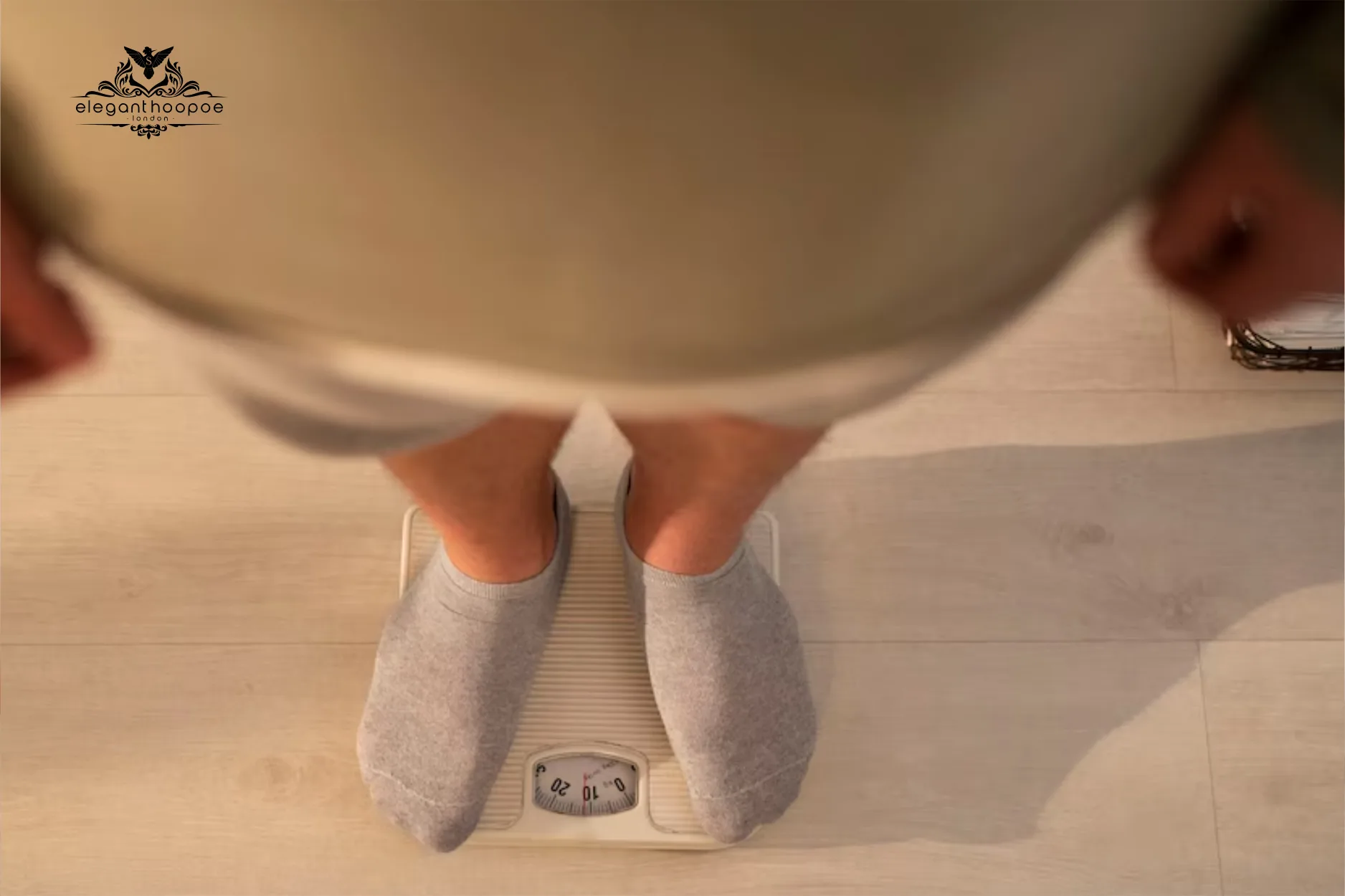Why Do Shorter People Tend to Have Higher BMIs? Understanding BMI and Height
Shorter people often have higher BMIs due to how the BMI and height formula works—it scales weight by height squared, not cubed, which disadvantages shorter individuals. Key reasons include:
- Mathematical bias in the BMI formula
- Different body proportions and muscle-to-fat ratios
- Weight scaling inconsistencies (volume vs. height²)
- Cultural and lifestyle influences
A high BMI doesn’t always mean poor health, especially for shorter people. Metrics like waist-to-hip ratio and body fat percentage offer better insights.
Body Mass Index (BMI) is widely used to assess whether an individual has a healthy body weight relative to their height. It’s a simple calculation—weight (in kilograms) divided by the square of height (in meters)—but this widely accepted metric isn’t without its flaws. One of the more intriguing issues with BMI is its relationship to height. Research and observations show that shorter individuals often have higher BMIs, even if their body composition is similar to taller individuals. But why is this the case? To understand this phenomenon, we need to explore the interplay between BMI and height, and how the formula itself can affect the numbers.

Understanding the BMI Formula
Before diving into the connection between BMI and height, let’s break down the formula:
BMI = weight (kg) ÷ height² (m²)
This formula assumes that weight scales proportionally with the square of height. However, in reality, human body dimensions don’t scale perfectly in this way. For instance, weight tends to scale more closely with the cube of height rather than its square. This discrepancy can lead to distortions in BMI calculations, particularly for people who fall on either extreme of the height spectrum.
Weight
Height
Age

The Height-BMI Correlation
Why Shorter People Tend to Have Higher BMIs
1. Mathematical Bias in the Formula
The BMI formula inherently disadvantages shorter individuals. Since height is squared in the equation, small changes in height can lead to significant differences in BMI, even if body mass and proportions remain constant. For example, a person who is 1.5 meters tall and weighs 60 kilograms will have a BMI of:
BMI = 60 ÷ (1.5 × 1.5) = 26.67 (Overweight category)
Meanwhile, someone who is 1.8 meters tall and weighs the same 60 kilograms will have a BMI of:
BMI = 60 ÷ (1.8 × 1.8) = 18.52 (Normal weight category)
This demonstrates how the formula tends to inflate BMI results for shorter people.

2. Body Proportions and Composition
Shorter individuals often have different body proportions compared to taller individuals. Muscle mass, fat distribution, and skeletal structure vary with height. For instance, shorter people might naturally carry more weight relative to their height due to higher body density or a different muscle-to-fat ratio, which can elevate their BMI even if they are healthy.
3. Weight Doesn’t Scale Perfectly with Height
As mentioned earlier, weight tends to scale with the cube of height, not the square. This means that taller people, whose weight should theoretically be higher due to their increased volume, might still have lower BMIs because the BMI calculation doesn’t account for this volumetric relationship.
4. Cultural and Lifestyle Factors
Beyond the mathematical and physiological aspects, certain cultural and lifestyle patterns may contribute to higher BMIs among shorter populations. For instance, shorter individuals might have less lean muscle mass (which burns more calories at rest), leading to a slightly higher body fat percentage. Additionally, societal pressures and dietary habits could play a role in influencing body composition and BMI.

Does a High BMI Always Indicate Unhealthy Weight?
It’s important to note that BMI is not a perfect measure of health. While it provides a quick and easy way to categorize individuals, it doesn’t differentiate between muscle and fat, nor does it account for fat distribution. For instance, a shorter, muscular person might have a high BMI due to their muscle mass, not because of excess fat. Similarly, two individuals with the same BMI might have vastly different health profiles depending on where their body fat is stored (e.g., around the abdomen versus the hips).
This limitation becomes especially pronounced in the case of shorter people. Their higher BMIs might lead to unnecessary health concerns, even if they have a healthy body composition. This is why many health professionals now recommend complementing BMI with other metrics, such as:
- Waist-to-hip ratio
- Body fat percentage
- Muscle mass measurements

What Can Be Done to Address the Height-BMI Correlation?
Adjusting the Formula
Some researchers have proposed modifying the BMI formula to better account for height. For example, instead of squaring the height, using an exponent closer to 2.5 might provide a more accurate reflection of how weight scales with height. However, this adjusted formula hasn’t yet been widely adopted.
Using Alternative Metrics
Given that BMI has its limitations, especially for shorter individuals, healthcare professionals are increasingly turning to alternative methods for assessing health. As mentioned earlier, tools like body fat percentage measurements and waist-to-hip ratios can provide a more nuanced view of an individual’s health risk.
Educating the Public
It’s crucial to educate people about the limitations of BMI, especially in relation to height. Shorter individuals shouldn’t automatically assume they’re unhealthy based on a high BMI alone. Instead, they should focus on maintaining a balanced diet, regular exercise, and overall well-being.

Final Thoughts: How Height Affects BMI?
The relationship between BMI and height highlights the complexities of using a one-size-fits-all metric to assess health. Shorter individuals often have higher BMIs due to the mathematical bias in the formula, as well as differences in body proportions and weight scaling. However, a high BMI doesn’t always indicate poor health, particularly for those on the shorter end of the spectrum.
As our understanding of health and body composition evolves, it’s important to recognize the limitations of BMI and consider alternative methods for evaluating well-being. Whether you’re tall or short, the most important thing is to focus on leading a healthy, active lifestyle that works for your unique body.
By understanding the nuances of the height-BMI correlation, we can move toward a more inclusive and accurate approach to health assessment—one that values individuality over rigid numbers.
References






